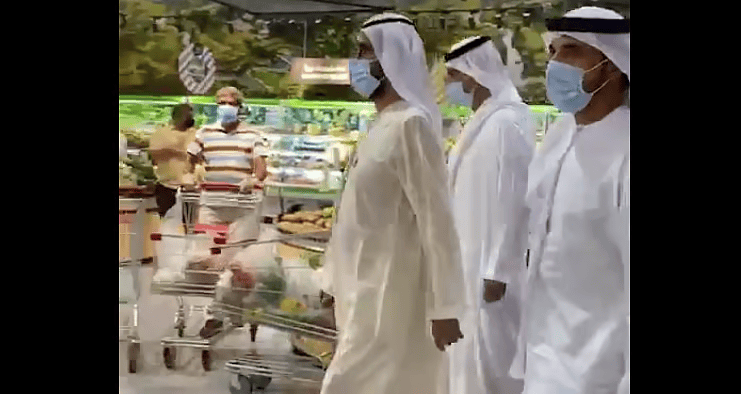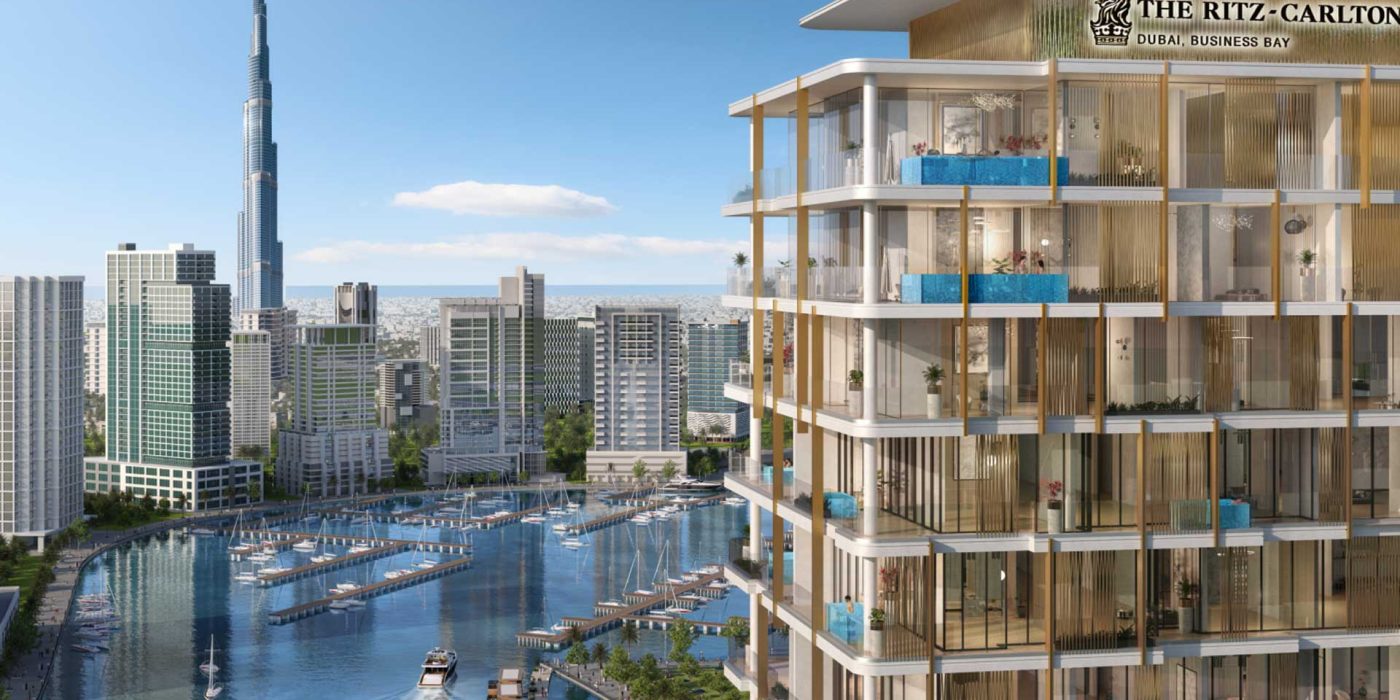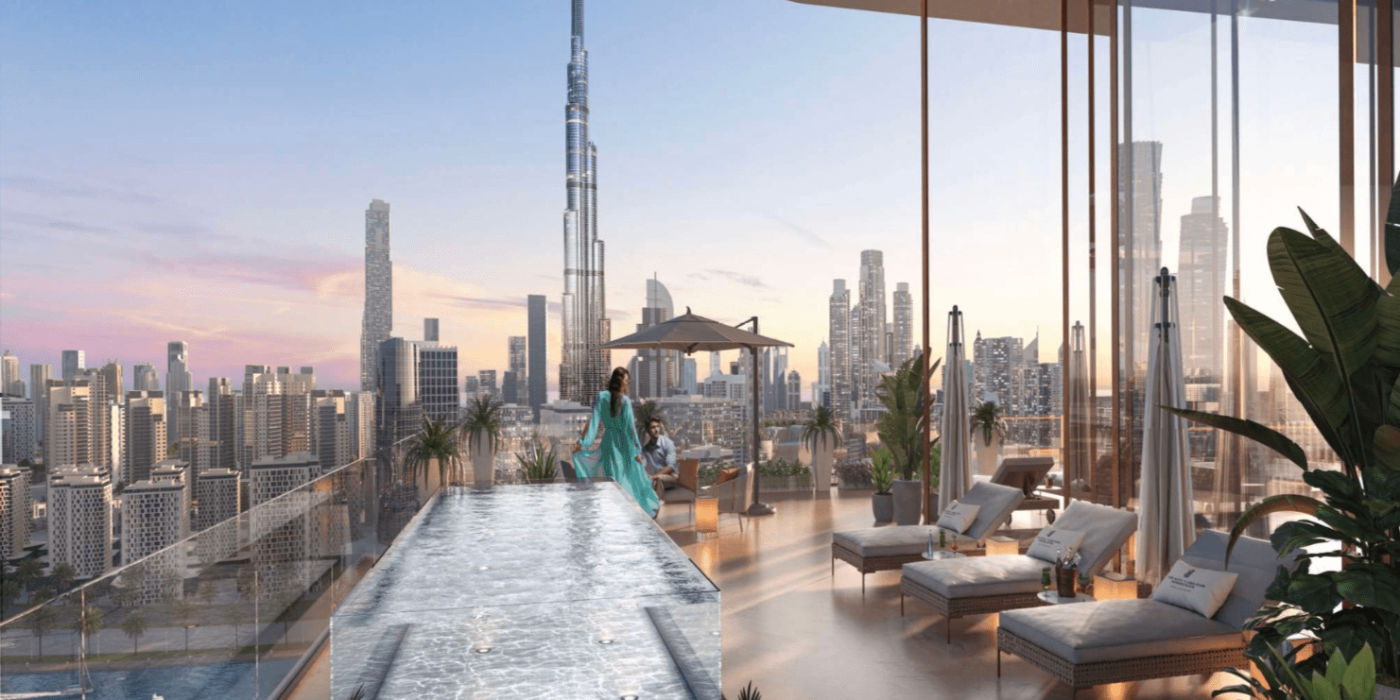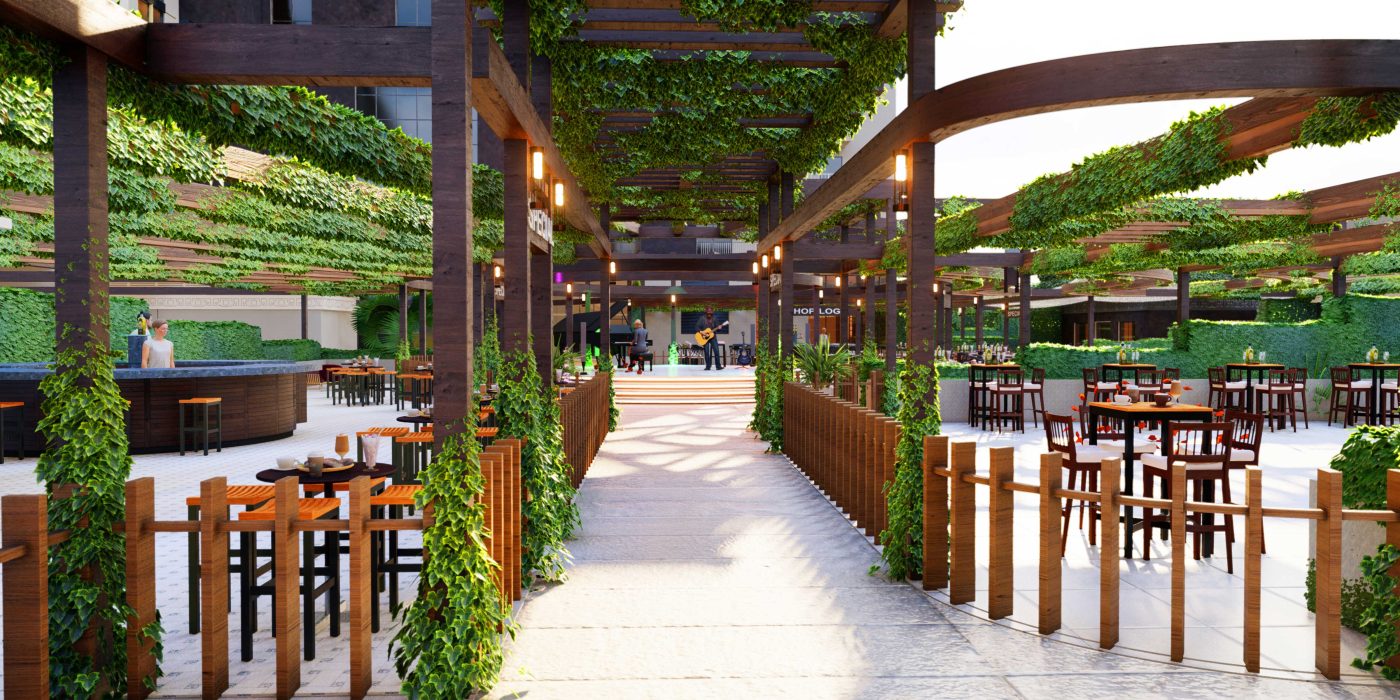The UAE’s Golden Visa program has become more accessible and beneficial than ever with its latest updates in 2024. These changes are set to significantly boost Dubai’s real estate market, offering unprecedented opportunities for investors worldwide. At Accord Real Estate, we are excited to guide you through these new developments and help you capitalize on this golden opportunity.
Lower Investment Thresholds
One of the most significant updates to the Golden Visa program is the removal of the Dh1 million ($272,294) minimum down payment requirement for obtaining a visa through real estate investment. This change is designed to encourage more residents and investors to settle in the country for extended periods.
Previously, investors needed to buy property valued at Dh2 million or more to qualify for the 10-year renewable residency program introduced in 2019. If the property was purchased through a mortgage or installment plan, a minimum of Dh1 million or half the property’s value had to be paid upfront to be eligible for the Golden Visa.
Now, there’s no need for any minimum payment. As long as the property is worth Dh2 million or more, whether it’s off-plan, completed, bought with a mortgage, or without one, you can qualify for the Golden Visa.
Flexible Investment Options
The new rules provide investors with more flexibility in meeting the investment requirements. Now, different types of real estate investments can be combined to meet the AED 2 million ($545,000) property ownership threshold. This flexibility makes it easier for investors to diversify their portfolios and achieve their financial goals.
Enhanced Family Benefits
The updated rules extend more benefits to family members, allowing investors to sponsor their spouses, children, and even parents with greater ease. This makes the Golden Visa an attractive option for those looking to relocate their entire family to Dubai, offering a stable and secure environment with world-class infrastructure, healthcare, and education.
Easier Application Process
The application process for the Golden Visa is now simpler and faster. With streamlined requirements and quicker processing times, investors can secure their residency without unnecessary delays.
Why Invest in Dubai Real Estate?
Dubai’s real estate market is renowned for its high rental yields, tax-free income, and excellent infrastructure. Here are some key reasons why investing in Dubai real estate is a smart choice:
- High Rental Yields: Dubai offers some of the highest rental yields globally, making it a profitable market for property investors.
- Tax-Free Income: There are no property taxes or rental income taxes, enhancing the appeal for investors.
- World-Class Infrastructure: Dubai boasts excellent transport links, top-tier healthcare, and education facilities.
- Strategic Location: As a global hub, Dubai’s strategic location connects the East and West, making it ideal for business and travel.
- Lifestyle and Safety: Dubai is known for its luxurious lifestyle and high safety standards, providing an exceptional quality of life for residents.
How Accord Real Estate Can Help
Navigating the Dubai real estate market and the Golden Visa application process can be complex, but Accord Real Estate is here to assist you every step of the way.
Expert Guidance
Our team offers expert guidance on the best investment opportunities in Dubai’s real estate market. With deep market insights and an understanding of the latest trends, we help you make informed decisions that align with your financial goals.
Streamlined Application Process
Our experienced professionals handle all the necessary paperwork, ensuring your Golden Visa application is complete and submitted smoothly. We simplify the process so you can focus on your investments.
Conclusion
The new Dubai Golden Visa rules of 2024 present a remarkable opportunity for real estate investors. With lower investment thresholds, flexible options, and enhanced benefits, the program is more attractive than ever. Partnering with Accord Real Estate ensures you navigate this exciting opportunity with confidence and ease. Whether you’re a seasoned investor or new to the market, we are here to help you every step of the way.
Don’t miss out on this golden opportunity – contact Accord Real Estate today and take the first step towards securing your future in Dubai’s thriving real estate market.





